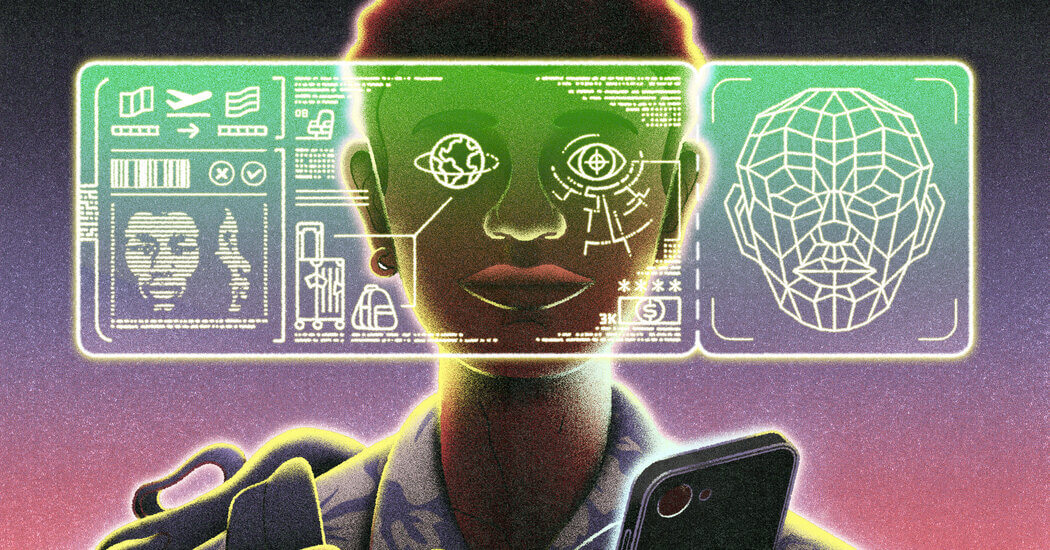Airports are notorious for long lines and tedious procedures, so it’s no surprise that many are embracing facial recognition technology as a potential solution. The promise is smooth, contactless boarding – simply scan your face and walk through. But before we all ditch our boarding passes, concerns around privacy and security are raising red flags.
The Convenience Factor: Proponents hail facial recognition’s efficiency. Passengers no longer need to fumble with documents, reducing congestion and speeding up the boarding process. It’s particularly attractive for frequent flyers enrolled in programs that pre-verify their identity.
Privacy Worries: Critics argue that facial recognition represents a significant intrusion into personal data. Concerns include:
- Data Collection and Storage: Who has access to this sensitive biometric data? How long is it stored, and how secure is it from breaches?
- Opt-Out Options: Are passengers truly given a choice, or is facial recognition becoming the mandatory norm?
- Discrimination and Bias: Facial recognition algorithms have been shown to exhibit biases, potentially leading to unfair profiling and unequal treatment.
Security Questions: While proponents argue facial recognition enhances security, others raise doubts:
- Accuracy Concerns: What happens if the technology misidentifies someone? Could criminals exploit vulnerabilities?
- False Positives and Negatives: Can the system handle diverse appearances and variations in lighting conditions?
- Surveillance Creep: Could facial recognition be used for broader surveillance beyond boarding, raising concerns about freedom of movement?
The Debate Rages On: The rollout of facial recognition at airports is still in its early stages, but the debate is already heated. As with any new technology, balancing convenience with privacy and security is paramount. Open discussions, clear regulations, and strong data protection measures are crucial to ensure that this technology serves to improve travel experiences without compromising fundamental rights.





